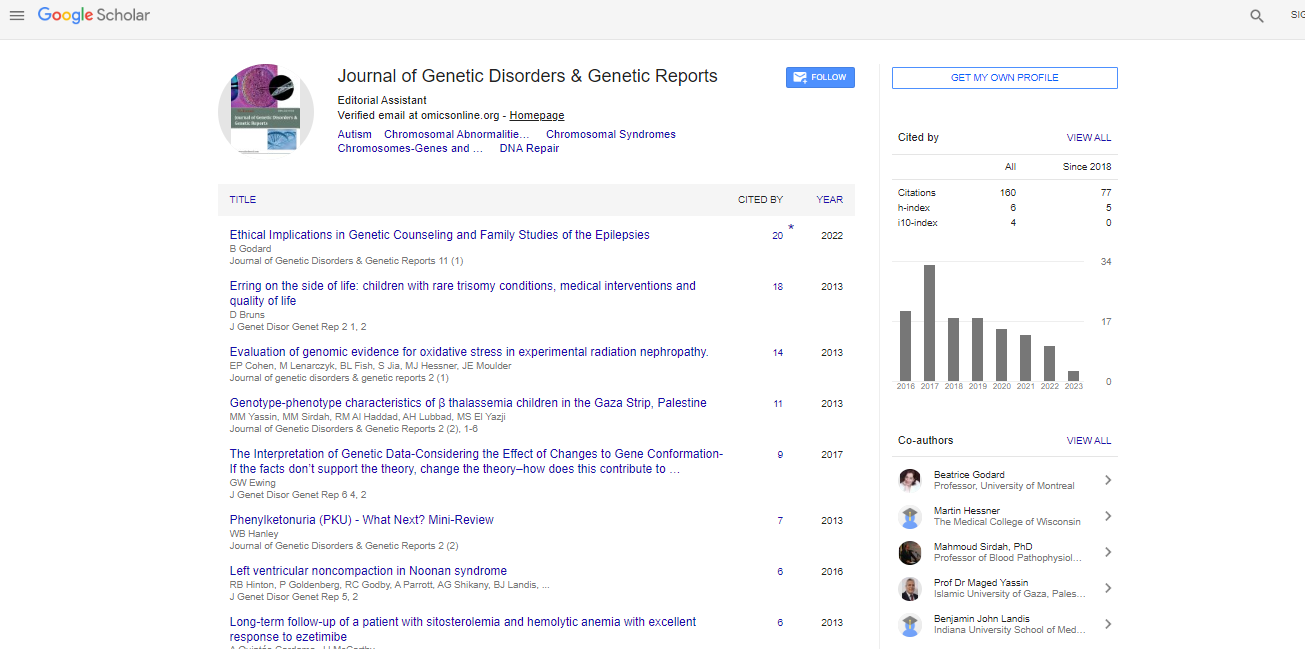Reliability engineering and biological robustness: Reliable systems from unreliable elements
Vitaly K Koltover
Institute of Problems of Chemical Physics-Russian Academy of Sciences, Russia
: J Genet Disor Genet Rep
Abstract
In engineering, reliability is defined as ability of a device to perform a preset function for a given time under given conditions. The foundations of mathematical theory of reliability were laid in 1950s due to the needs of aeronautic machinery, electronics, etc. Biological systems perform their functions in the presence of random factors which disturb all functional strata starting from the bio-molecular level. Therefore, similarly to technical devices, they are not perfectly reliable, i.e. normal operations alternate with random malfunctions (failures). The field of systems biology, in dealing with the problem of reliability, incorporates investigations of failures, renewal processes and elaboration of methods for testing bio-reliability and so on. The regular conferences on bio-reliability, starting from the first one in 1975, Kiev, Ukraine, have given the strong impetus to research in this direction. Not long ago, a new wave of similar research was spurred under the style of “biological robustness”. The main line of assuring the high systems reliability is prophylaxis or preventive maintenance, i.e. unreliable elements should be timely replaced for novel ones ahead the phase of their wear-out begins. The prophylaxis proceeds under the control of the functional elements of the highest level of hierarchy designated as the longevity-assurance networks (supervisors). The problem of reliability has direct bonds to aging and resistance of biological systems to deleterious environmental factors. From the reliability point of view, aging occurs as consequence of the genetically preset deficiency in reliability of bio-molecular constructs while the mitochondrial free-radical redox-timer, located in the specialized neurons, serves as the stochastic mechanism of realization of the aging program. The longevity of human brain could reach 250 years should the antioxidant enzyme defense against the free-radical failures be perfect. Furthermore, the systems theory of reliability provides heuristic methodology for preventive medicine, including antioxidant therapy and anti-radiation defense.
Biography
E-mail: koltover@icp.ac.ru
 Spanish
Spanish  Chinese
Chinese  Russian
Russian  German
German  French
French  Japanese
Japanese  Portuguese
Portuguese  Hindi
Hindi 



